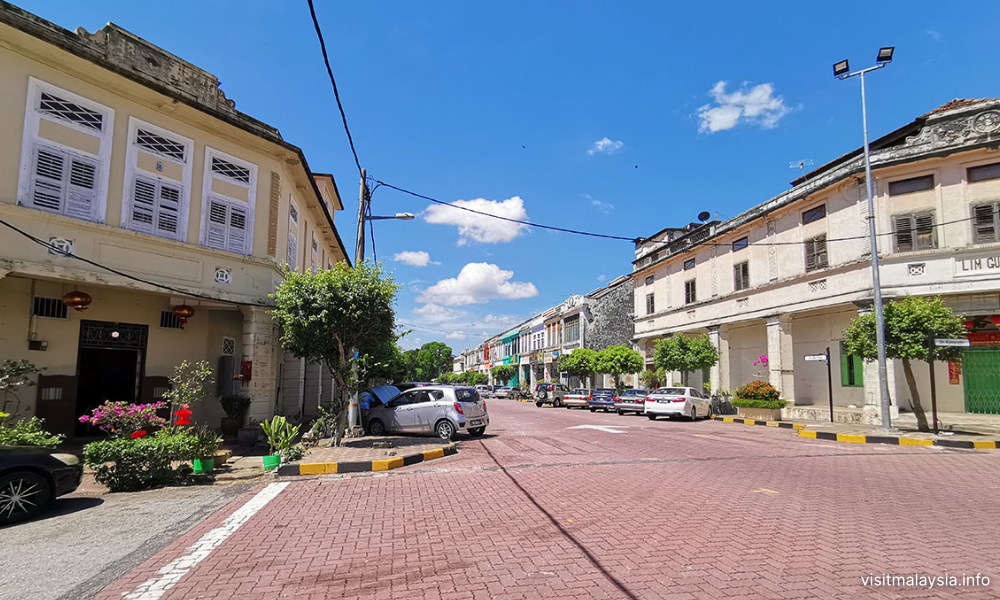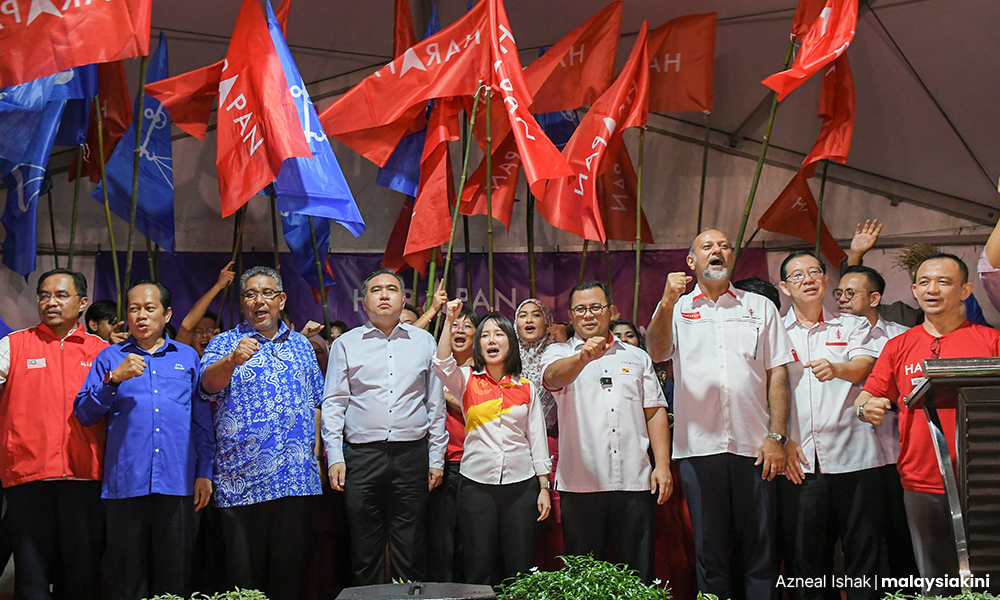Well, they are off. In the first by-election since the 2023 state elections at the state level and the seventh by-election/nullified result by electoral petition since the 15th general election in 2022, four candidates will compete to win a coveted seat in the Selangor state assembly.
Kuala Kubu Baharu is a hot seat. It was so in August 2023 when I chose the seat to be part of my “Kerusi Panas” podcast series, episode 4. Do listen to the episode for background on the constituency. (Please note a small correction on the death of Henry Gurney, 1951 not 1955.)
Among the points I made in that episode is that KKB is increasingly becoming less isolated from national trends, even as its development trajectory is not in line with national growth.
Also, small vote swings in support and turnout can change the result. Less than six months later, arguably the constituency is even hotter now.

Despite the current result not changing the balance of power in the state assembly, this contest arguably is one of the most important by-elections since the unity government took office.
This charming small town, created as the first garden town in Asia in 1925 after the floods from the Selangor River will be a bellwether on Prime Minister Anwar Ibrahim’s government, showcase future shifts in voting and test the coherence of the unity coalition.
This piece - the first in a short series of articles looking at the by-election - explains why.
A base fight
Despite other commentary to the contrary, this constituency – held by DAP since 2013 is for the unity government to lose.
Even in last year’s August polls, when the “heat” was on and the incumbent Lee Kee Hiong had not serviced the community well due to her illness, DAP managed to secure a decent win of 54 percent majority.

With a multiethnic composition, a long-standing incumbent seat and being in Selangor, Kuala Kubu Baharu represents the unity government’s core political base.
As Anwar’s administration was not elected to office nationally, a loss in Kuala Kubu Baharu by the strongest electoral performer in the unity government - DAP - will reinforce perceptions that the government does not have popular support even in its own home ground.
As will be shown in my next column which focuses on the numbers and voting trends, there will need to be significant shifts in voting and turnout to change the result. The incumbent still retains an advantage, although a small and declining one.
Sizeable shifts are not impossible given the discontent on the ground that is palpable – from the economy and cost of living to disregard for minorities, especially among Indians. There is a sense of voter angst that is real.
Voters are concerned with economic issues and poor DAP servicing of the community, especially across different ethnic communities.
Many are asking why the candidate was even fielded last August given her illness which prevented her from attending the state assembly. Voters also know they have the power to send a signal nationally.
Given the predominance of negative emotions, Perikatan Nasional has a real fighting chance of winning. Shifts will happen – the issue will be the extent of them.
As in all close contests, the campaign and messaging matter.
Different dynamics from Tanjong Piai
PN has the advantage in messaging, tapping in to teach the unity government a lesson narrative. Punishing a government for not meeting expectations in a by-election has happened many times before.

The most touted recent example is the 2019 Tanjong Piai by-election in which Bersatu, then part of ex-premier Dr Mahathir Mohamad’s Pakatan Harapan, lost to BN as voters sent a clear signal of dissatisfaction.
Unlike the 2019 Tanjong Piai by-election the seat returned to the party that held, and still holds it, since it was created – MCA.
If there is a change of political fortunes in Kuala Kubu Baharu, it will go to a party that never held the seat before - an embrace of a new option and the evolving new politics in Malaysia. This is a more fundamental change in voting.
In Tanjong Piai it was a Chinese swing that made a difference. In Kuala Kubu Baharu all ethnic groups will be important in the final outcome, as the contest is expected to be close.
In 2019 voter anger mixed with disappointment contributed to the Tanjong Piai result. This time it is an ambivalence mixed with disdain that is driving dynamics, at least for now at the early stage of the campaign.
Emotions are there, but they are not the same as they were a few years ago; increasingly many voters don’t like any of the alternatives offered. Turnout will be decisive in this heated contest. Many voters just could not be bothered.
Disunity in unity?
Another factor that will be important is the cooperation among parties/coalitions.
PAS and Bersatu are closely collaborating, as they share a common goal of wanting to build momentum against the unity government.
They have already framed the contest as a national test of Anwar’s unity government. Their eyes are also on winning the ultimate electoral prize of Selangor.

The cooperation among unity government partners is less cohesive. Tensions between Umno and DAP have been high, extending to a coolness on the ground.
Traditional Kuala Kubu Baharu Umno voters did not support the DAP candidate in high numbers in August 2023.
Some in the unity government would also like to bring DAP down a peg, showing support on the surface rather than genuinely behind a Harapan victory. Even small shifts in support can change the outcome.

While open sabotage is unlikely – except from MCA - DAP will carry the weight of the campaign for the unity government more so than it did the 2023 polls where the campaign in Selangor was focused on Pakatan Harapan governance of the state as a whole.
In this regard, the Kuala Kubu Baharu by-election is also critically about DAP and its performance in the unity government.
There is the dimension of voters wanting to send a message to DAP as well, pointing to a deficit between reform promises and deliverables.
DAP discomfort
The campaigns are already taking different tacks – with PN making the by-election about national government performance and DAP pushing for a focus on local conditions and state governance.
Based on the narrative so far, just into the start of the campaign, now-in-government DAP is more on the defensive, arguably a position they have not been in to the same extent before, and turning to BN-honed advantages-of-being-in-government messaging and allocations of resources.
In this regard, DAP is facing a different type of heat than earlier polls, one that will be uncomfortable, particularly as an already hot contest only gets hotter. - Mkini
BRIDGET WELSH is an honourary research associate of the University of Nottingham’s Asia Research Institute, a senior research associate at Hu Fu Center for East Asia Democratic Studies, and a senior associate fellow at The Habibie Centre. Her writings can be found at bridgetwelsh.com.
The views expressed here are those of the author/contributor and do not necessarily represent the views of MMKtT.




No comments:
Post a Comment
Note: Only a member of this blog may post a comment.